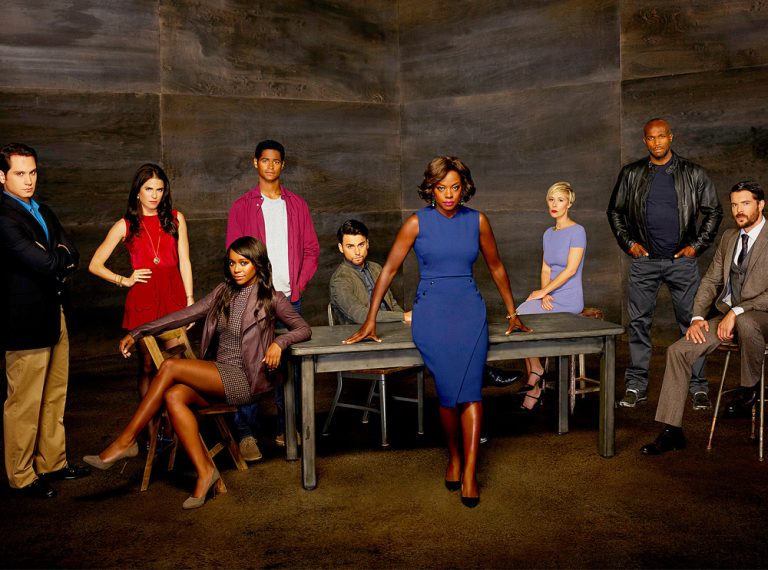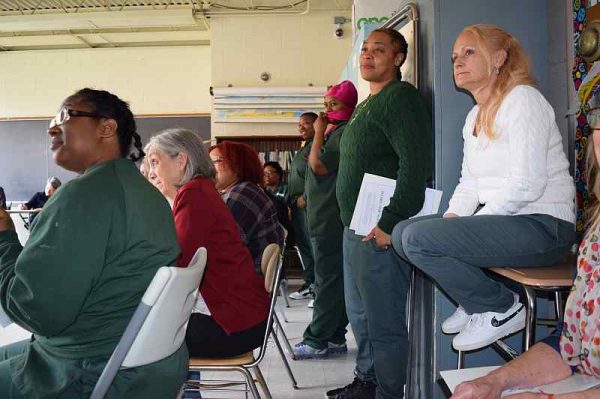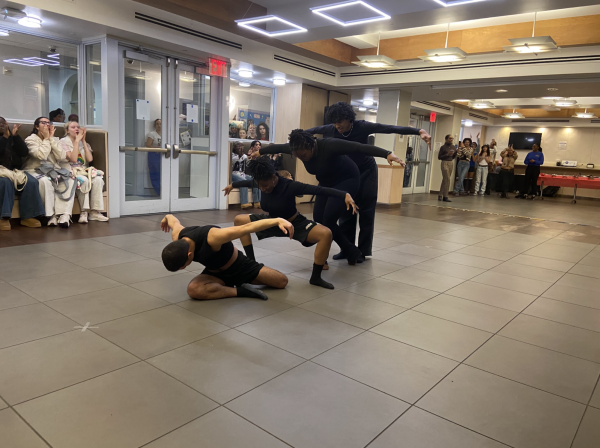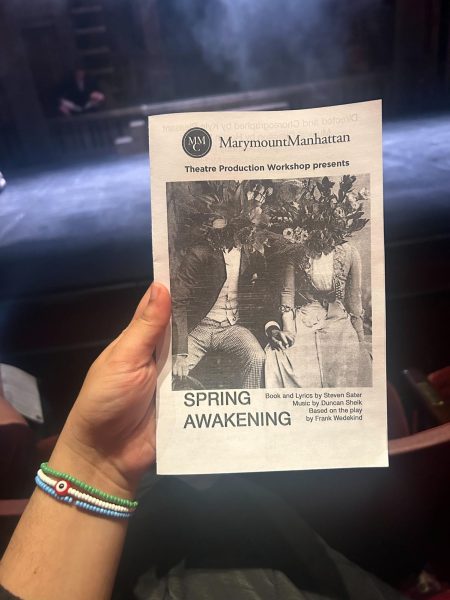Why is Gen-Z Obsessed with True-Crime?
Reading Time: 3 minutesTrue Crime TV shows, documentaries, movies, and even books have always been popular, but in Generation Z, true crime is one of the most popular areas of interest to watch, read, and talk about. Even post about and make videos about on social media like TikTok. With shows like Criminal Minds, NCIS, How to Get Away with Murder, Law & Order: Special Victims Unit, et cetera there is a constant surge of a variety of new cases of crimes to think about. Cases from an obsession where you are constantly thinking about what goes inside of a person’s head, why they do what they do, what actions led them to do what they do and what kind of person where they were before committing those crimes. Why we as an audience feel the need to have some sort of empathy towards why they did their actions and to root for them doing the right thing no matter what.
Having empathy increases the likelihood of helping others and showing compassion. “Empathy is a building block of morality—for people to follow the Golden Rule, it helps if they can put themselves in someone else’s shoes,” according to the Greater Good Science Center, a research institute that studies the psychology, sociology, and neuroscience of well-being. This generation is cultivating more ways to show how they can better understand why a criminal committed a crime, and what events or actions led them to commit the crime. All to better understand the human being behind the crimes but also keep in mind that they still committed the crimes in the first place. According to Hodges and Myers in the Encyclopedia of Social Psychology: “Empathy is often defined as understanding another person’s experience by imagining oneself in that other person’s situation: One understands the other person’s experience as if it were being experienced by the self, but without the self actually experiencing it.” Another way of putting yourself in the person who committed a crime’s shoes, but still understanding at the end of the day that they committed a crime.
“I think that sometimes people-watching true-crime shows/movies see the background of the person who did the evil actions but that doesn’t excuse them from what they did,” Tanisha Travis, 19, a single mother of two baby girls says. She is an advent watcher of crime shows that are based on true stories where forensics and detectives have to figure out who has died to figure out what caused their death. For instance, NCIS. “I believe that no matter how peaceful the world is or wants to be, there’s always going to be evil,” says Deanna Seaton, a current sophomore at MMC, and another huge fan of true-crime shows like Dexter. People may have their reasons for what they did and these shows may make it easier to understand why they did what they did, but they still made the decision to commit evil acts.
This true-crime obsessed generation is creating TikTok fan accounts about their favorite character from Criminal Minds, writing fiction stories about their favorite shows, and even buying old cold case files to try and solve themselves that the police department couldn’t solve. In order to try and see if they could do it for fun. They all believe that people have their reasons why they committed such evil acts. That we as an audience should put ourselves in their shoes and see what kind of person they were, but still take into account what evil acts they committed. That before they committed these acts they were human and certain events or decisions impacted them greatly that led them to commit such acts and that they are still human, but at the same time still realize that everyone has a choice. They have a choice to go down a certain road that could lead to doing unlawful acts and if they do they still need to face consequences for their actions.

Najla Alexander is the Features Editor and Crime Reporter for The Monitor. She is Majoring in Digital Journalism and Minoring in Forensic Psychology. Her...











